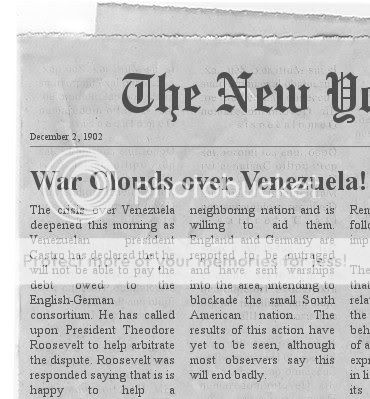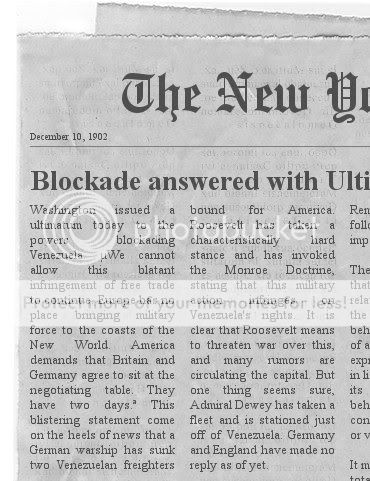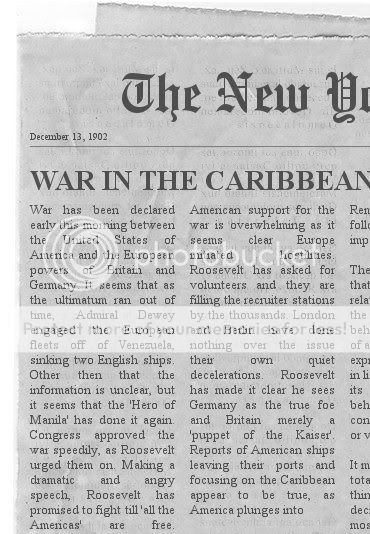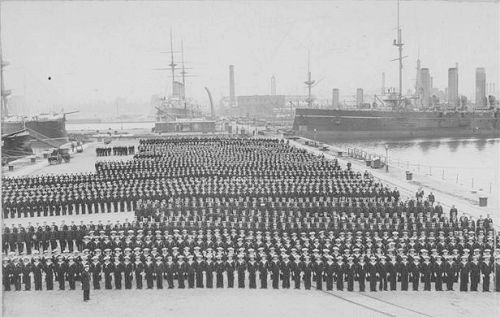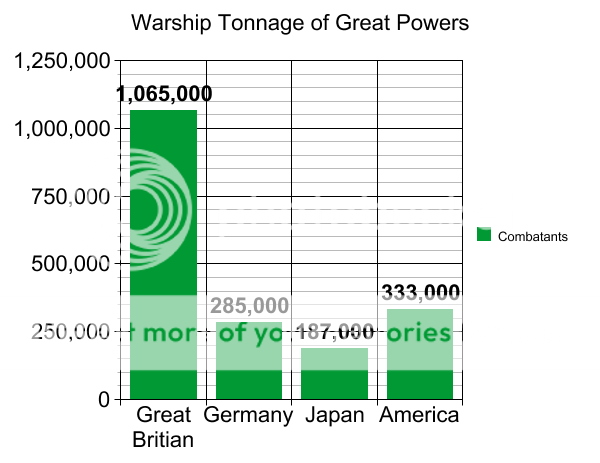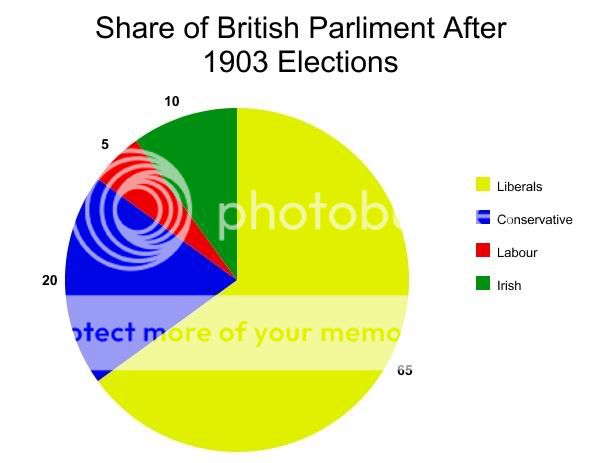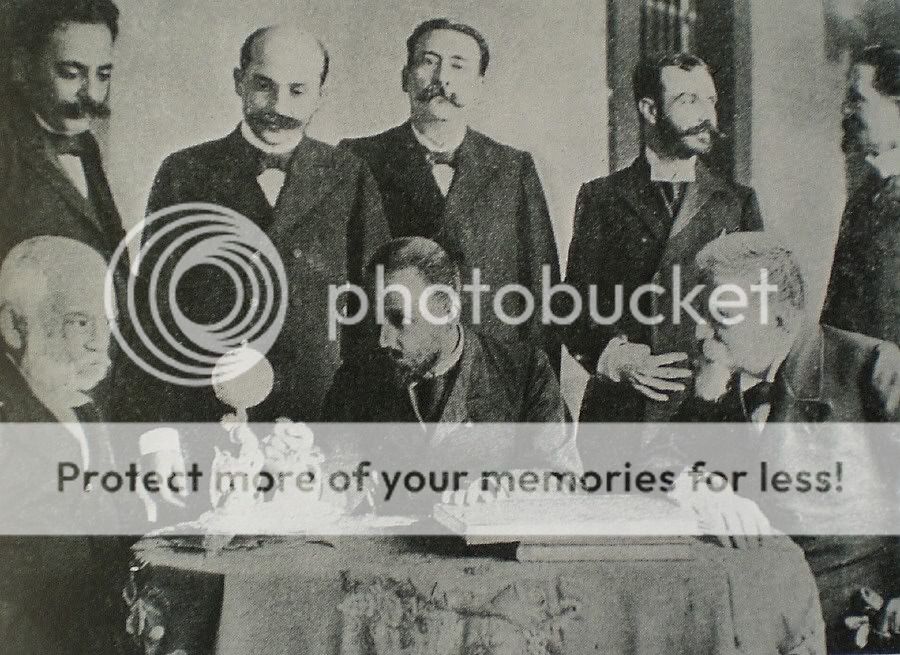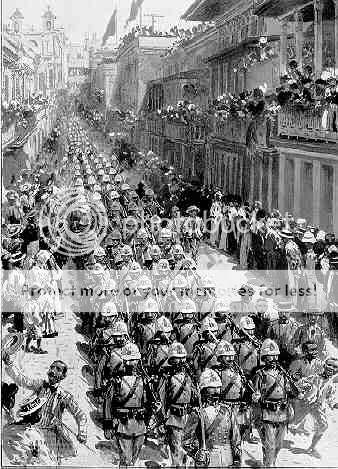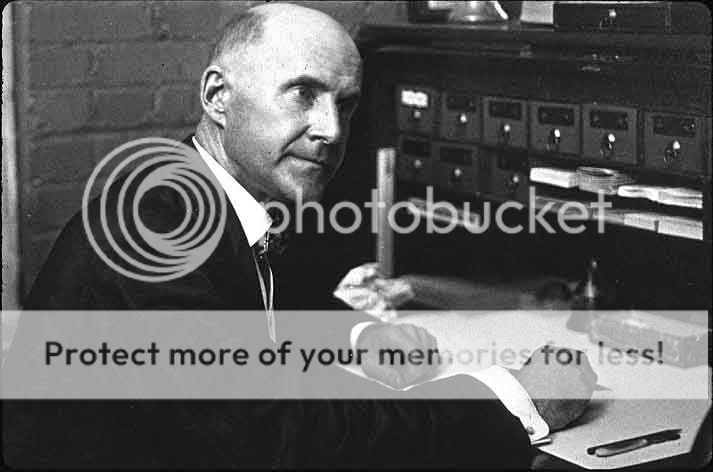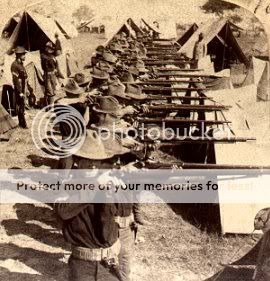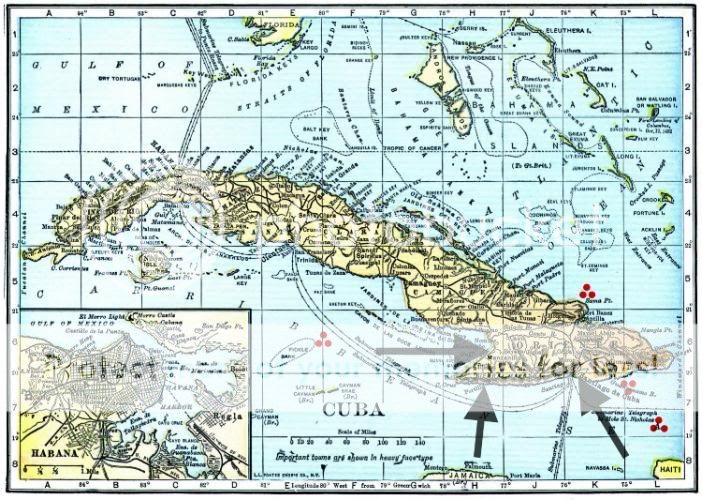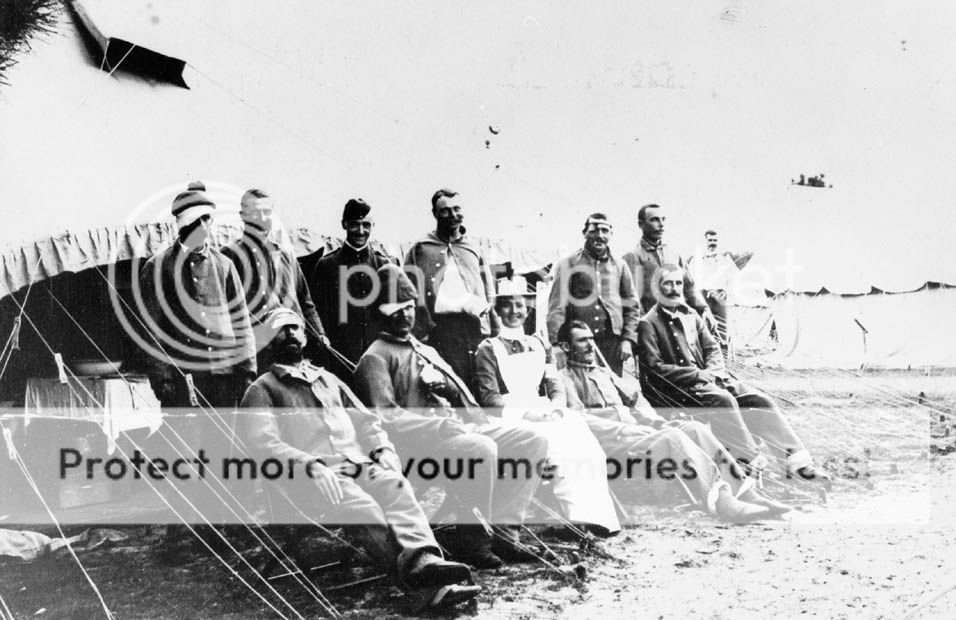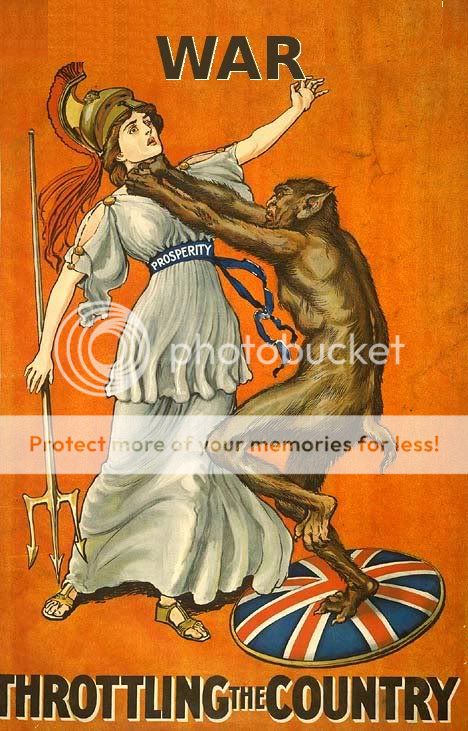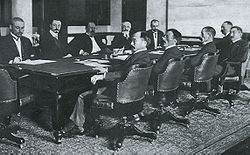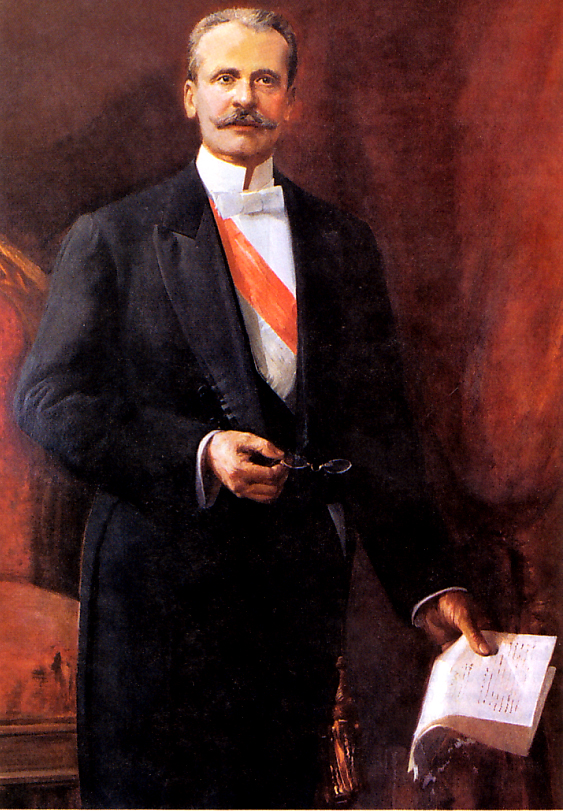mowque
Banned
A TL of mine, written in various formats. I'd like to thank the many people who have helped me with this project. Rast, Blairwitch, Lustaina, come to mind first, you all know who you are!  This is quite long, and here is the first part. Comments welcome/needed/desperately asked for.
This is quite long, and here is the first part. Comments welcome/needed/desperately asked for.
Edit: And Talkie Toaster of course. This is as much his as mine!
------------------------------------------------------------------------------------
American Lake, A Study of American Policy in the Caribbean. Dr. Steven Poitt, 2007. New York, Goldyn Publishing.
By 1900, it seemed that America's dominance in the Western Hemisphere would not be questioned, let alone challenged. The rapid pace of industrialization had transformed America. The combination of relative stability (with the notable exception of the Civil War), a large growing population, massive geographic size, and abundant resources, had produced a economic giant of no equal. The United States held 23.5% of the world's manufacturing output, compared to Britian's 18%. Even these numbers hide the true performance of America industry. The United States produced more steel then the next three powers (Great Britian, Germany, France) combined. This growth was driven by massive American companies. In one famous example the Andrew Carnegie steel company was producing more steel that all of England. Huge companies, like Singer, Rockefeller Oil, Colt, and International Harvester dominated the world market and often pushed European firms to the limit. These massive conglomerates also produced vast sums of money for America. With a national income three times higher then Great Britian, the United States produced more money then the next 4 powers combined. This cash was also produced by a large and rich population. With a urban population 14 million, American cities were booming. Despite the squalor that many urban dwellers lived in, per captia, Americans lived far better then any other nation.

Modern America
Despite this economic superiority, America's power was diffused. While being led by a increasingly vigorous government, its military power remained tiny. The long history of isolationism (while slowly being shaken off) retarded any creation of a large standing army. Indeed, its army was a minuscule 127,000, in a world where large conscript armies were the measuring stick of power. Even small states like Italy or Japan fielded army's many times the size of the United States. (see Figure 2.1) While this lack of force can be understood by many factors. Distance from other large nations, tradition of lazzie-faire, and isolationism all combined to create a dislike of large armies. But even more puzzling is the size of the American navy. For a nation that depended on naval trade, the USA still had a second class navy. Despite its build-up under the McKinley administration (which would be substantially increased during the Roosevelt), the US navy was still only a fraction of the Royal Navy, and much smaller then French or German forces.
Figure 2.1 Number of Military Personnel in 1900
Russia
1,162,000
France
769,000
Germany
694,000
Britain
571,000
Austria-Hungry
425,000
Italy
332,000
Japan
217,000
United States
127,000
Still, despite these numbers, in the Caribbean at least, it seems that America was unchallenged. Indeed, American troops intervened in Latin America on a regular basis, mostly in response to calls from American companies. The idea of a Central American canal was being pushed through, without consideration of Caribbean nations. American warships flitted back and forth across the water, a impressive sign of growing American strength. The America occupation of Cuba and Belize continued apace, with no signs of ending.
Against this background, and these impressive statistics, it seems hard to see any power(or combination of powers) challenging this behemoth. However, war is not fought by numbers, but by men. Germany was a rising power in its own right and the extension of its influence was taken by granted by its government. Due to the overblown nationalism of the day, some risks (that in hindsight are foolish) were taken. One was the challenge of American power in the Caribbean. Still, while the factors in the German example may be extreme, it was unavoidable that some showdown like it would occur. The Monroe Doctrine was declared in a world where global empires were on the march, and many factors pushed them to look to Latin America as yes another venue for conquest. Also, America's latent power was constantly underestimated by the Europeans of the time, doubly so when considering its army. The First Atlantic War was preceded by many issues, crisis, and conflicts, of various sizes, ranging from the Venezuelan border Crisis of 1895, to the Alaskan-Canadian border dispute . These were only the worst signs of a break in American- European diplomacy. Geopolitics virtually guaranteed a flash point, and Germany just had more factors going for it.
Before we discuss the First Atlantic War itself, a brief survey of the combatants (USA excluding, due to the previous chapter)might be in order.
Germany- a rising industrial power in its own right, it was the new force to be reckoned with. Its navy was going through a massive build up, its army was one of the largest and most professional in Europe, based on a rich, well educated middle class. Its industry was booming, while trade flourished. While a authoritative state, no could doubt its ability as a industrial war making state. Its successes in the Franco-Prussian War, and even the Danish wars, showed Europe its strength. Unlike America however, (which developed in a near vacuum) Germany was rising in area already dominated by European powers. No matter how strong its army, and no matter how clever its diplomacy, peace could not be maintained indefinitely. Still, most Germans wanted peace, and the war mongers were content to wait till better circumstances. But, all Germans agreed that they deserved a 'place in the sun'. Jealous of states like France, and Great Britian, Germany was demerited to play catch up in terms of Empire building. What better place to start then lush Venezuela, where they had legal claim anyway?
Its large navy, capable economy, and aggressive spirit made it a serious contender for the Untied States, and was not taken lightly by American planners. Indeed, many war plans at the time considered a war with Germany, although the danger (as had all dangers pre-1900)had always been considered quite abstract.
Edit: And Talkie Toaster of course. This is as much his as mine!
------------------------------------------------------------------------------------
American Lake, A Study of American Policy in the Caribbean. Dr. Steven Poitt, 2007. New York, Goldyn Publishing.
By 1900, it seemed that America's dominance in the Western Hemisphere would not be questioned, let alone challenged. The rapid pace of industrialization had transformed America. The combination of relative stability (with the notable exception of the Civil War), a large growing population, massive geographic size, and abundant resources, had produced a economic giant of no equal. The United States held 23.5% of the world's manufacturing output, compared to Britian's 18%. Even these numbers hide the true performance of America industry. The United States produced more steel then the next three powers (Great Britian, Germany, France) combined. This growth was driven by massive American companies. In one famous example the Andrew Carnegie steel company was producing more steel that all of England. Huge companies, like Singer, Rockefeller Oil, Colt, and International Harvester dominated the world market and often pushed European firms to the limit. These massive conglomerates also produced vast sums of money for America. With a national income three times higher then Great Britian, the United States produced more money then the next 4 powers combined. This cash was also produced by a large and rich population. With a urban population 14 million, American cities were booming. Despite the squalor that many urban dwellers lived in, per captia, Americans lived far better then any other nation.

Modern America
Despite this economic superiority, America's power was diffused. While being led by a increasingly vigorous government, its military power remained tiny. The long history of isolationism (while slowly being shaken off) retarded any creation of a large standing army. Indeed, its army was a minuscule 127,000, in a world where large conscript armies were the measuring stick of power. Even small states like Italy or Japan fielded army's many times the size of the United States. (see Figure 2.1) While this lack of force can be understood by many factors. Distance from other large nations, tradition of lazzie-faire, and isolationism all combined to create a dislike of large armies. But even more puzzling is the size of the American navy. For a nation that depended on naval trade, the USA still had a second class navy. Despite its build-up under the McKinley administration (which would be substantially increased during the Roosevelt), the US navy was still only a fraction of the Royal Navy, and much smaller then French or German forces.
Figure 2.1 Number of Military Personnel in 1900
Russia
1,162,000
France
769,000
Germany
694,000
Britain
571,000
Austria-Hungry
425,000
Italy
332,000
Japan
217,000
United States
127,000
Still, despite these numbers, in the Caribbean at least, it seems that America was unchallenged. Indeed, American troops intervened in Latin America on a regular basis, mostly in response to calls from American companies. The idea of a Central American canal was being pushed through, without consideration of Caribbean nations. American warships flitted back and forth across the water, a impressive sign of growing American strength. The America occupation of Cuba and Belize continued apace, with no signs of ending.
Against this background, and these impressive statistics, it seems hard to see any power(or combination of powers) challenging this behemoth. However, war is not fought by numbers, but by men. Germany was a rising power in its own right and the extension of its influence was taken by granted by its government. Due to the overblown nationalism of the day, some risks (that in hindsight are foolish) were taken. One was the challenge of American power in the Caribbean. Still, while the factors in the German example may be extreme, it was unavoidable that some showdown like it would occur. The Monroe Doctrine was declared in a world where global empires were on the march, and many factors pushed them to look to Latin America as yes another venue for conquest. Also, America's latent power was constantly underestimated by the Europeans of the time, doubly so when considering its army. The First Atlantic War was preceded by many issues, crisis, and conflicts, of various sizes, ranging from the Venezuelan border Crisis of 1895, to the Alaskan-Canadian border dispute . These were only the worst signs of a break in American- European diplomacy. Geopolitics virtually guaranteed a flash point, and Germany just had more factors going for it.
Before we discuss the First Atlantic War itself, a brief survey of the combatants (USA excluding, due to the previous chapter)might be in order.
Germany- a rising industrial power in its own right, it was the new force to be reckoned with. Its navy was going through a massive build up, its army was one of the largest and most professional in Europe, based on a rich, well educated middle class. Its industry was booming, while trade flourished. While a authoritative state, no could doubt its ability as a industrial war making state. Its successes in the Franco-Prussian War, and even the Danish wars, showed Europe its strength. Unlike America however, (which developed in a near vacuum) Germany was rising in area already dominated by European powers. No matter how strong its army, and no matter how clever its diplomacy, peace could not be maintained indefinitely. Still, most Germans wanted peace, and the war mongers were content to wait till better circumstances. But, all Germans agreed that they deserved a 'place in the sun'. Jealous of states like France, and Great Britian, Germany was demerited to play catch up in terms of Empire building. What better place to start then lush Venezuela, where they had legal claim anyway?
Its large navy, capable economy, and aggressive spirit made it a serious contender for the Untied States, and was not taken lightly by American planners. Indeed, many war plans at the time considered a war with Germany, although the danger (as had all dangers pre-1900)had always been considered quite abstract.
Last edited:

